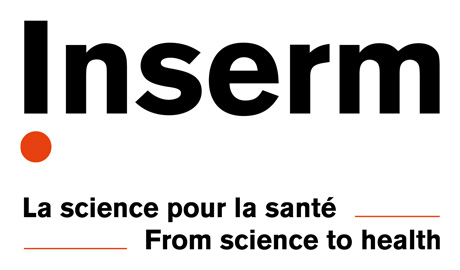DETAILS OF THE OFFER | CONTEXT
DBS: from genetic mutations to motor circuit dysfunctions & recovery
DBS is an exciting new interdisciplinary, collaborative, and multi-model project at the ICM. By bridging approaches across disciplines, the project’s goal is to build novel strategies to improve dopaminergic cell survival and deep-brain stimulation of resilient circuits in Parkinson’s disease.
Collective Interest Projects - Collaborative, interdisciplinary, innovative & transformative
As part of DBS, we will implement the hiring of post-docs each dedicated to one collective interest project to be co-supervised by two ICM team leaders, experts from different fields. The early-career researchers will receive training in the field that they have not received training on yet, either genetics, cellular physiology, imaging, optogenetics, behavior or modelling. We aim to attract high-level interdisciplinary researchers by offering world-class research facilities and double supervision from leaders in the relevant fields. You would be part of a dynamic community of young researchers within a highly collaborative environment.
In the SUSCEPTDopamine project, the candidate will be hosted by the teams of Jaime de Juan Sanz and Nelson Rebola. This project aims to create a conceptual and experimental framework to understand the preferential susceptibility of dopaminergic neurons to impaired mitochondrial physiology, leveraging the strong genetic link between mitochondrial dysfunction and Parkinson's Disease (PD). Our proposal seeks to dissect the mechanisms by which Ca2+-mediated adjustments of mitochondrial metabolism support neurotransmission in intact tissue, with a particular focus on understanding why dopaminergic signaling is preferentially affected by mitochondrial dysfunction.
MISSIONS
• Perform whole-cell electrophysiological experiments on acute brain slices or cultured cells.
• Conduct live imaging (confocal or two-photon) of genetically encoded neurotransmitter sensors from acute or cultured preparations.
• Use of Optogenetics.
• Plan experiments, collect data, and analyze results.
• Organize tasks and participate in DBS project discussions.
• All equipment and resources are already available in the host teams.
CONDITIONS
• Remuneration scale: 35 000 – 45 000 ¤ (gross annual)
• Fixed-term contract (CDD), renewable PROFILE
KNOW-HOW
• Use of tools/equipment: Brain slicer, dissection equipment, Fluorescence microscope, patch clamp amplifier.
• Strongly encouraged to have experience in cellular neurophysiology.
• Capable of supervising students.
• Minimum of 5 years of professional experience.
• Good autonomy within planning experimental protocols, proactive, team player.
• Rigorous with data analysis.
• Ability to work in a project-based mode.
• Proficient reading, writing, and conversational skills in scientific English (required).
• Ability to program in python is a strong added value.
KNOWLEDGE
• Knowledge in neurophysiology, synaptic transmission, cellular neuroscience, neuronal function.
• Rigorous, organized, and swift scientific writing with dexterity, conciseness, and precision.
• Proficiency in the use of software to electrophysiological and/or imaging data including python, FIJI, etc.
• Ability to summarize results.
• PhD in Neuroscience or associated disciplines
SOFT SKILLS
• Sense of responsibility and collective interest.
• Integrity, honesty, and loyalty.
• Team spirit and solidarity, socially engaged and invested in the team's well-being.
• Proactivity, motivation, and curiosity.
• Desire to share knowledge and train others in good scientific practices that respect individuals.
• Scientific rigor, attention to detail, strong organizational skills, conciseness, precision, and discipline.
+ info |





